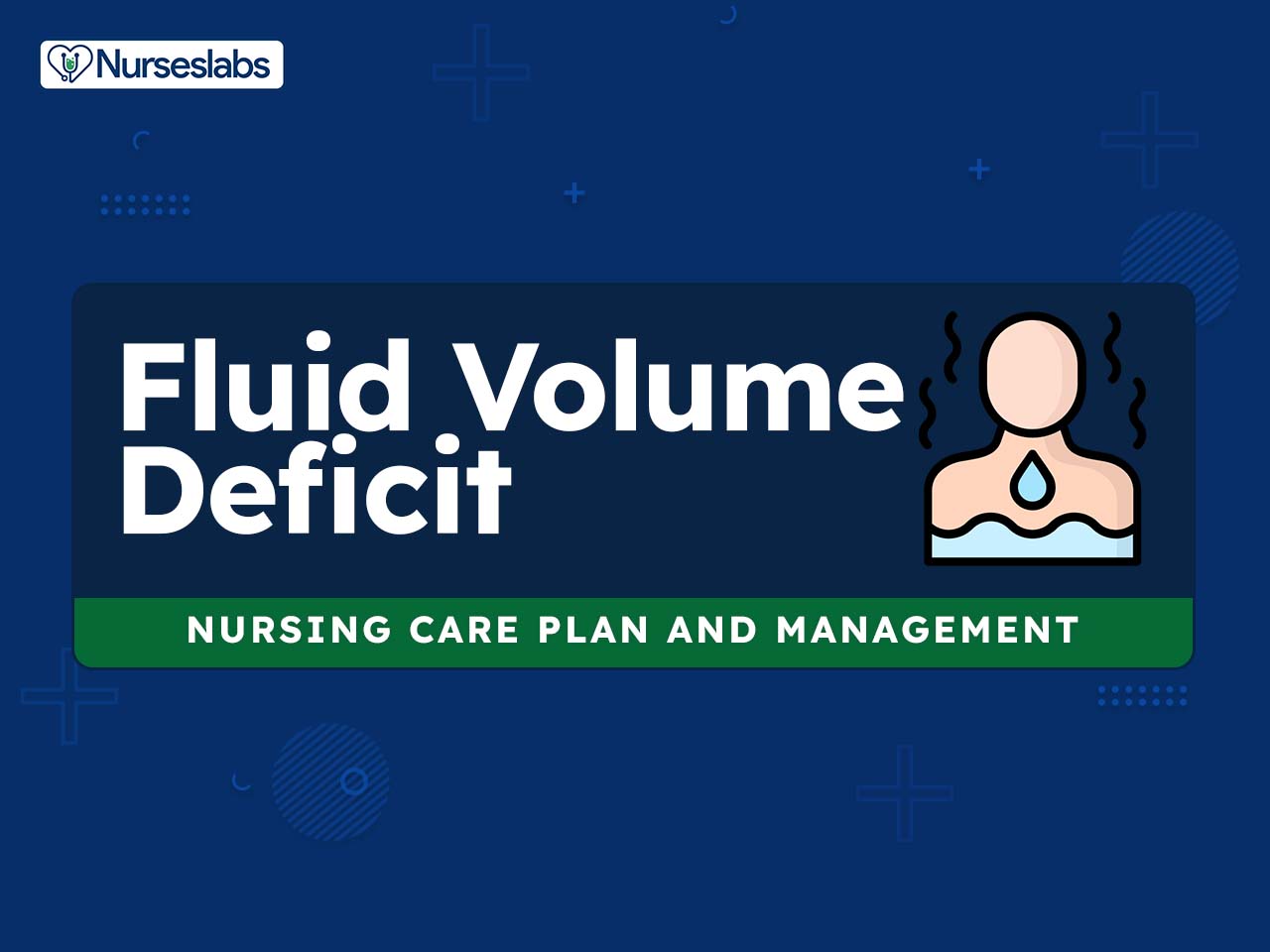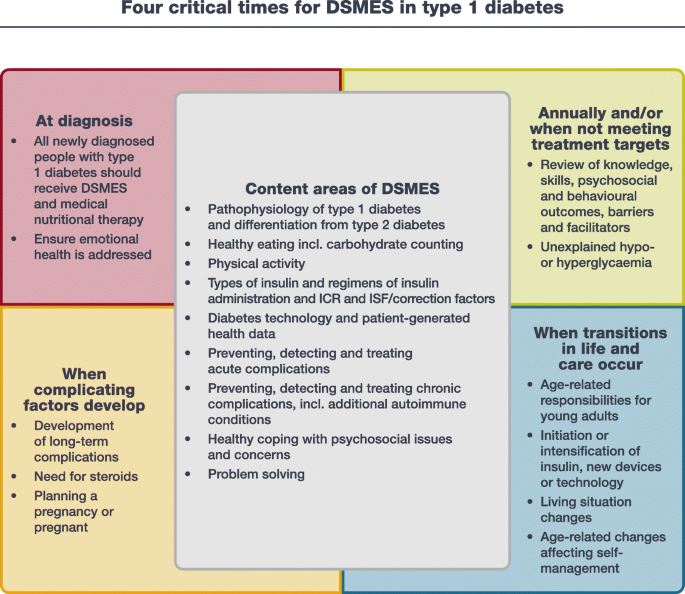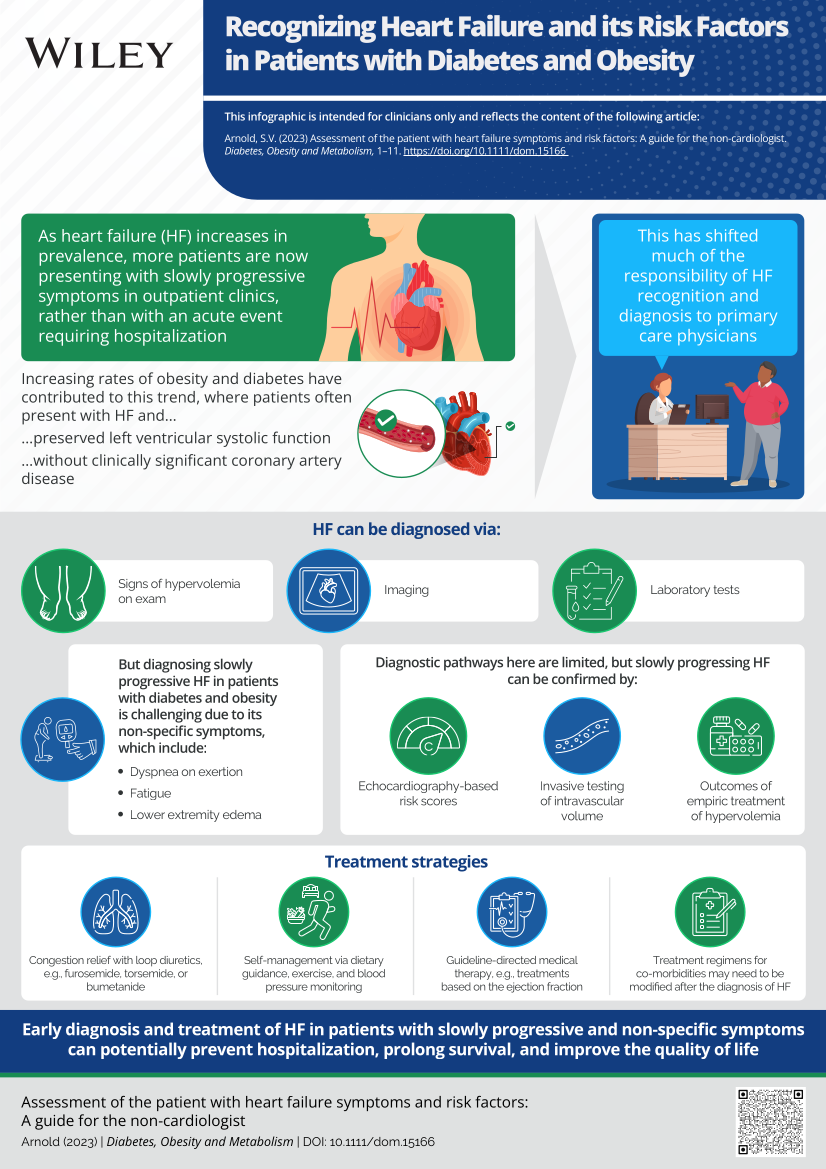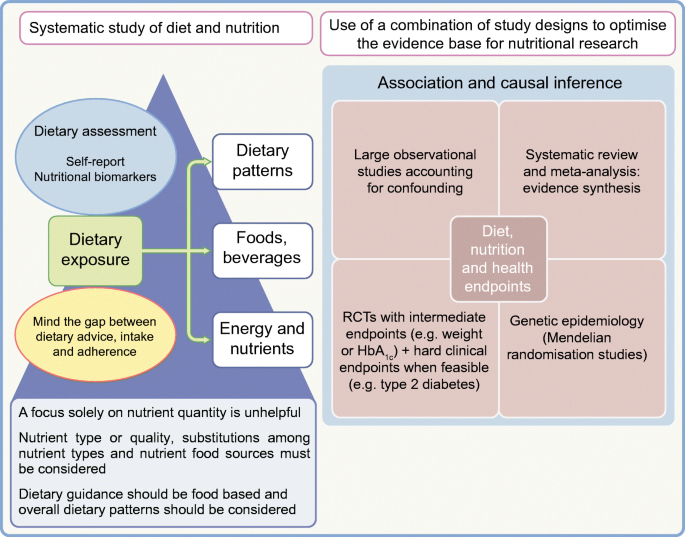Inpatient Diabetes Guideline for Adult Non-Critically Ill Patients - NCBI Bookshelf
4.9 (625) · $ 11.99 · In stock
This guideline applies to hospitalized adult non-critically ill (non-ICU) patients in general medicine, surgical, perioperative, short-stay, and OB/GYN areas with Type 1 diabetes (T1DM), Type 2 diabetes (T2DM), stress hyperglycemia, diabetes secondary to medications, prediabetes, and gestational diabetes. The objective is to promote safe, effective glycemic management in hospitalized patients targeting blood glucose (BG) to published goals while preventing hypoglycemia. Approximately 30–35% of admitted patients have diabetes. Hyperglycemia is a well-established risk factor for adverse hospital outcomes. Additionally, hypoglycemia can have deleterious consequences. Safe and effective glucose management is of paramount importance in the hospital. Additionally, a hospital admission is an opportune time to address diabetes control.

Hyperglycemic Crises: Diabetic Ketoacidosis and Hyperglycemic

Fluid Volume Deficit (Dehydration) Nursing Care Plan - Nurseslabs

Inpatient Diabetes Guideline for Adult Non-Critically Ill Patients

Frontiers Clinical risk factors and social needs of 30-day

Diabetes care 2017 by antonio machuca - Issuu
Hospital Management of Diabetes

The management of type 1 diabetes in adults. A consensus report by

Evaluation of a Pharmacist-Managed Diabetes Transitions of Care

RSSDI Guidelines for the management of hypertension in patients

Endocrine-Metabolic Archives - ALiEM

Assessment of the patient with heart failure symptoms and risk

2022 AHA/ACC/HFSA Guideline for the Management of Heart Failure: A

PDF) Choice of crystalloid fluid in the treatment of hyperglycemic

Embracing complexity: making sense of diet, nutrition, obesity and












